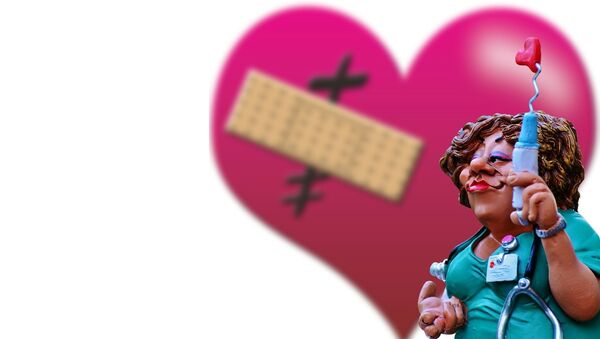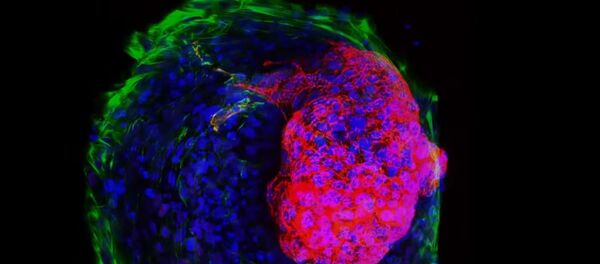Positive experiences like weddings, birthday parties, birth of a grandchild, or even a rugby team winning a game can trigger the Takotsubo syndrome (TTS), which up until now has been associated with stressful events such as deaths, funerals, worries about illness or relationship problems.
Takotsubo cardiomyopathy or 'broken heart syndrome' is a transient weakening of the heart due to extreme grief. pic.twitter.com/vDMUbgQk1A
— Dr Akmal (@MYJantung) February 22, 2016
Heart doctors analyzed data from 1750 patients from nine different countries and discovered a link between happy times and a broken heart. They found that four percent of patients suffered TTS following a happy or joyful event. Ninety-six percent of patients suffered TTS following a stressful or sad event.
The average age of the patients in the happy heart group was 71, and 65 in the broken heart group with ninety-five percent of these patients being women.
The findings of the research suggest that the triggers for TTS are not just confined to sad emotions — but the condition can be brought on by happy emotions too.
"We have shown that the triggers for TTS can be more varied than previously thought. A TTS patient is no longer the classic 'broken hearted' patient, and the disease can be preceded by positive emotions too", said Dr Jelena Ghadri, cardiologist at University Hospital Zurich in Switzerland.
"Our findings…suggest that happy and sad life event may share similar emotional pathways that can ultimately cause TTS," Dr Ghandri said.
By examining the broken and happy heart clubs, researchers hope to find more out about the relationship between the heart and the brain when decisions are made.



